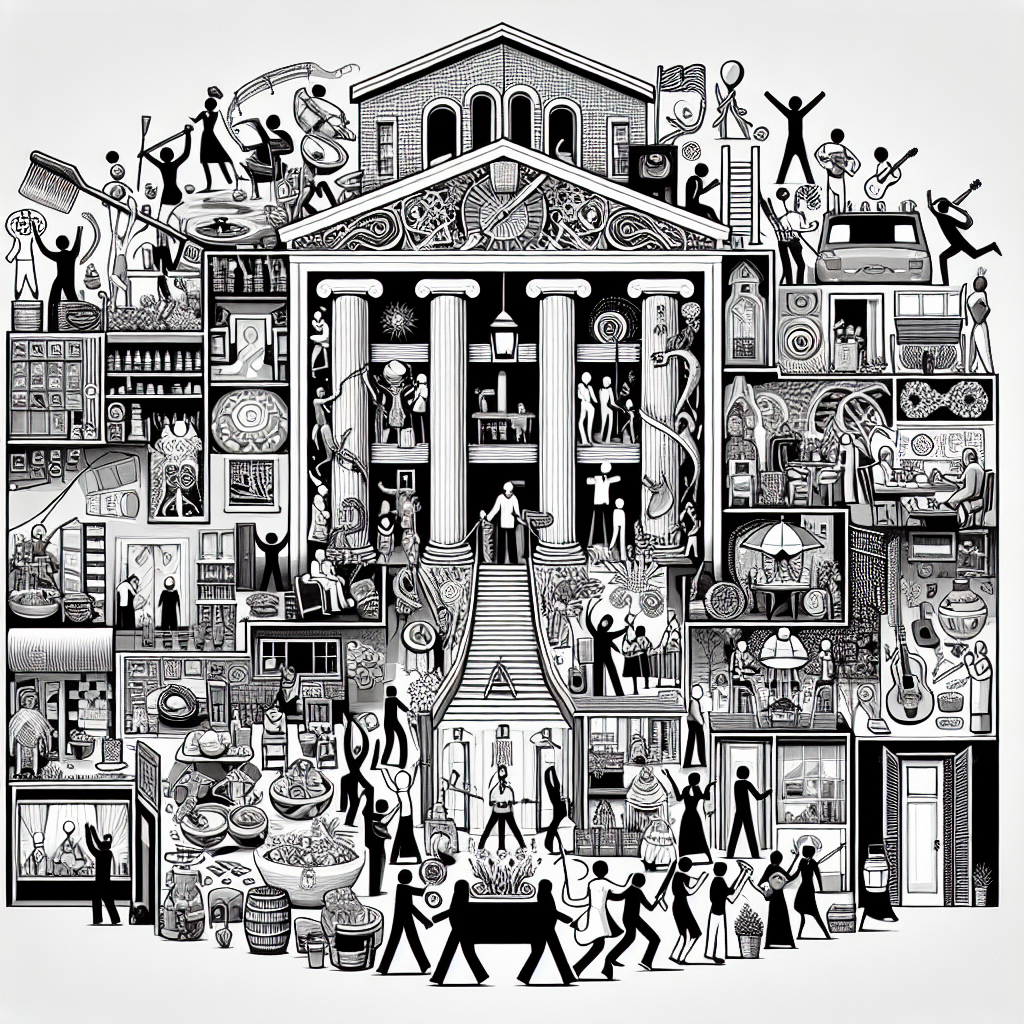Organizational culture is often compared to the air we breathe, an invisible yet vital element that permeates every aspect of a company’s operations.
It’s the heartbeat of a company, determining its health and driving its success. Today, more and more business leaders are recognizing the essential role that culture plays in attracting and retaining top talent, fostering innovation, and achieving long-term business objectives.

Culture building is not just about implementing policies or setting guidelines—it’s about fostering a shared set of values, beliefs, and behaviors that define an organization and unite its members. A strong organizational culture aligns its members towards a common goal, guiding their actions and decisions, and shaping their experience within the organization.
One of the key aspects of culture building is communication. Open, honest, and clear communication lays the foundation for a strong, high-performing culture. From top-level management to front-line employees, everyone must understand the organization’s mission, vision, and values. A culture of transparency encourages honest feedback, helping to build trust and promote collaboration among team members.
Another critical element of culture building is leadership. The leaders of an organization play a crucial role in shaping its culture.
They set the tone, lead by example, and are instrumental in driving cultural change. Leaders can foster a positive culture by embodying the organization’s values, demonstrating empathy, promoting diversity and inclusion, rewarding performance, and encouraging continuous learning and development.
In the modern business landscape, organizations also need to pay attention to employee wellbeing.
A culture that prioritizes the physical, mental, and emotional wellbeing of its employees not only attracts top talent but also increases productivity and engagement. Flexible working arrangements, wellness programs, and mental health support are some of the ways organizations can demonstrate their commitment to employee wellbeing.
Moreover, recognizing and rewarding employee performance is vital in building a vibrant and positive culture. When employees feel valued and appreciated, they are more likely to be engaged, motivated, and committed to the organization. Recognition can be as simple as verbal appreciation, or it can involve more formal rewards such as promotions, bonuses, or awards.
In today’s diverse and globalized world, fostering a culture of diversity and inclusion is more important than ever.
An inclusive culture welcomes and values different perspectives, backgrounds, and experiences, promoting creativity, innovation, and better decision-making. Organizations need to actively work towards creating a safe and inclusive environment where every member feels valued and can contribute to their full potential.
Culture building is a continuous, evolving process. It requires commitment, patience, and constant effort. However, the rewards—higher employee satisfaction, better performance, and overall business success—are worth the investment.
By focusing on communication, leadership, wellbeing, recognition, and diversity, organizations can build a robust and resilient culture that drives success, now and in the future.
In essence, culture building is about creating a shared sense of purpose and connection that binds an organization’s members together.
It’s about cultivating an environment where individuals can grow, contribute, and thrive. As more organizations recognize the power of culture, it becomes increasingly clear that culture building is not just an HR task—it’s a business imperative.